FTC abandons Qualcomm antitrust case
Commission gives up on appeal over aggressive licensing claims
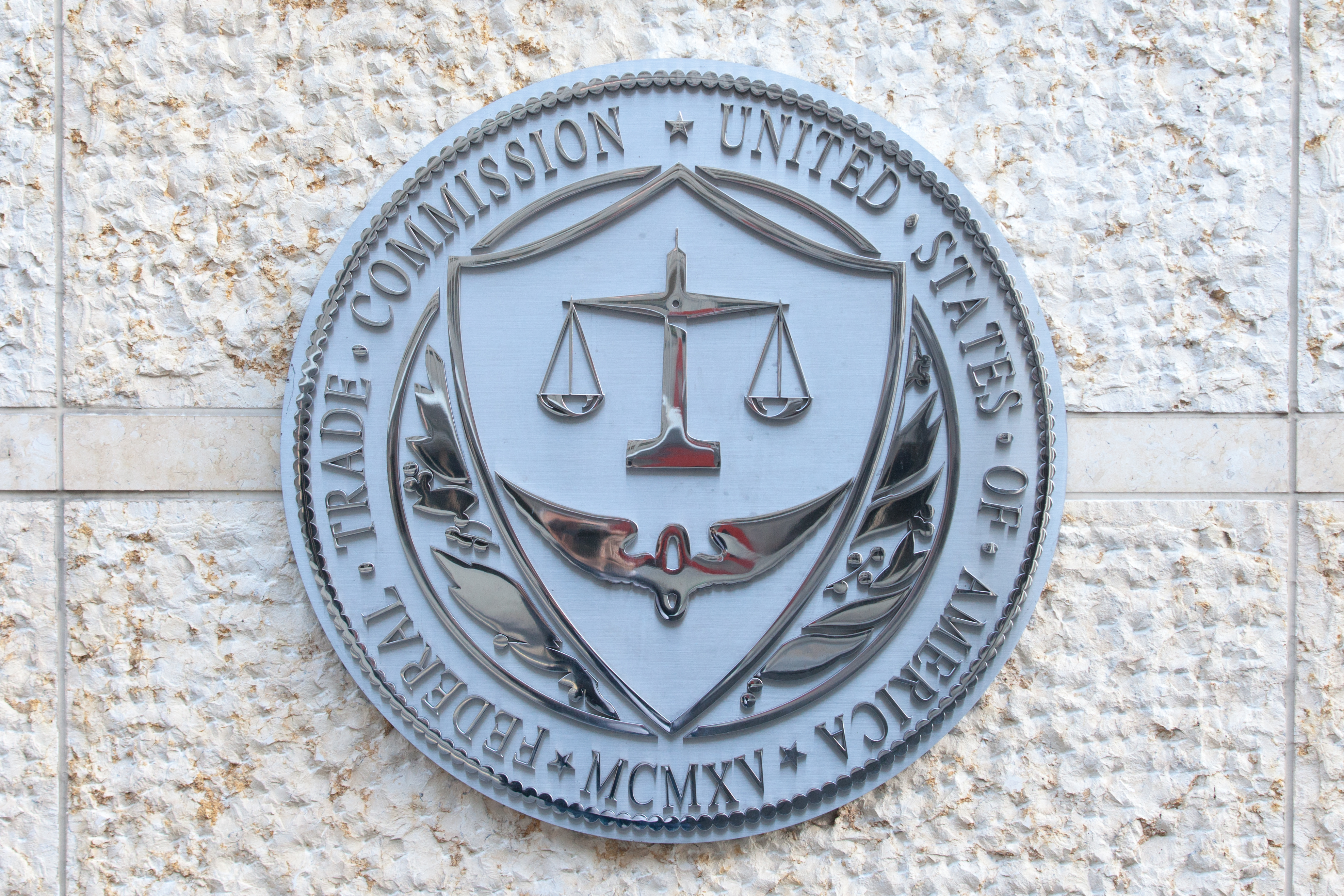

The Federal Trade Commission (FTC) has abandoned a four-year antitrust case against Qualcomm due to what acting FTC Chair Kelly Slaughter calls "significant headwinds" in pursuing an appeal against the chip company.
The Commission initially sued Qualcomm in January 2017, claiming it enjoyed an unlawful monopoly in the baseband processors that allow smartphones and other cellular devices to communicate via radio networks. The complaint accused the company of exclusionary conduct, taxing its competitors' baseband processor sales, and reducing their ability to innovate.
The complaint said that Qualcomm, which sells its chips and licenses its chip designs, imposed anti-competitive supply and licensing terms on phone manufacturers. The company threatened to disrupt baseband processor supplies to secure elevated royalties for patents it declared essential to industry standards, the FTC said, calling this a “no license, no chips” policy.
At the time, Commissioners voted 2-1 to pursue the complaint, with Commissioner Maureen K. Ohlhausen dissenting in what she called an "extraordinary situation.” She warned that the FTC's case would disrupt intellectual property rights in the US and asserted a "dearth of evidence" in the case.
The FTC won the case initially in 2019, in the Northern District of California. However, Qualcomm appealed and a three-judge panel in the Ninth Court of Appeals overturned the decision in August last year.
The Commission requested an En Banc rehearing of the case, which would have enabled all the judges in the court to consider the appeal rather than just the original three. That request was denied.
Announcing the decision on Monday, Slaughter said the Commission would not petition the Supreme Court to appeal the case.
Get the ITPro daily newsletter
Sign up today and you will receive a free copy of our Future Focus 2025 report - the leading guidance on AI, cybersecurity and other IT challenges as per 700+ senior executives
"The FTC’s staff did an exceptional job presenting the case, and I continue to believe that the district court’s conclusion that Qualcomm violated the antitrust laws was entirely correct and that the court of appeals erred in concluding otherwise," she said.
"Now more than ever, the FTC and other law enforcement agencies need to boldly enforce the antitrust laws to guard against abusive behavior by dominant firms, including in high-technology markets and those that involve intellectual property."
Abandoning the move will be a setback to an FTC that’s been increasingly aggressive against big tech recently. It sued Facebook for anti-competitive practices in December, days after launching a widespread investigation into various tech companies' practices. President Biden also recently nominated an antitrust advocate, Lina Khan, as FTC commissioner.
Danny Bradbury has been a print journalist specialising in technology since 1989 and a freelance writer since 1994. He has written for national publications on both sides of the Atlantic and has won awards for his investigative cybersecurity journalism work and his arts and culture writing.
Danny writes about many different technology issues for audiences ranging from consumers through to software developers and CIOs. He also ghostwrites articles for many C-suite business executives in the technology sector and has worked as a presenter for multiple webinars and podcasts.
-
 CISA issues warning in wake of Oracle cloud credentials leak
CISA issues warning in wake of Oracle cloud credentials leakNews The security agency has published guidance for enterprises at risk
By Ross Kelly
-
 Reports: White House mulling DeepSeek ban amid investigation
Reports: White House mulling DeepSeek ban amid investigationNews Nvidia is caught up in US-China AI battle, but Huang still visits DeepSeek in Beijing
By Nicole Kobie
-
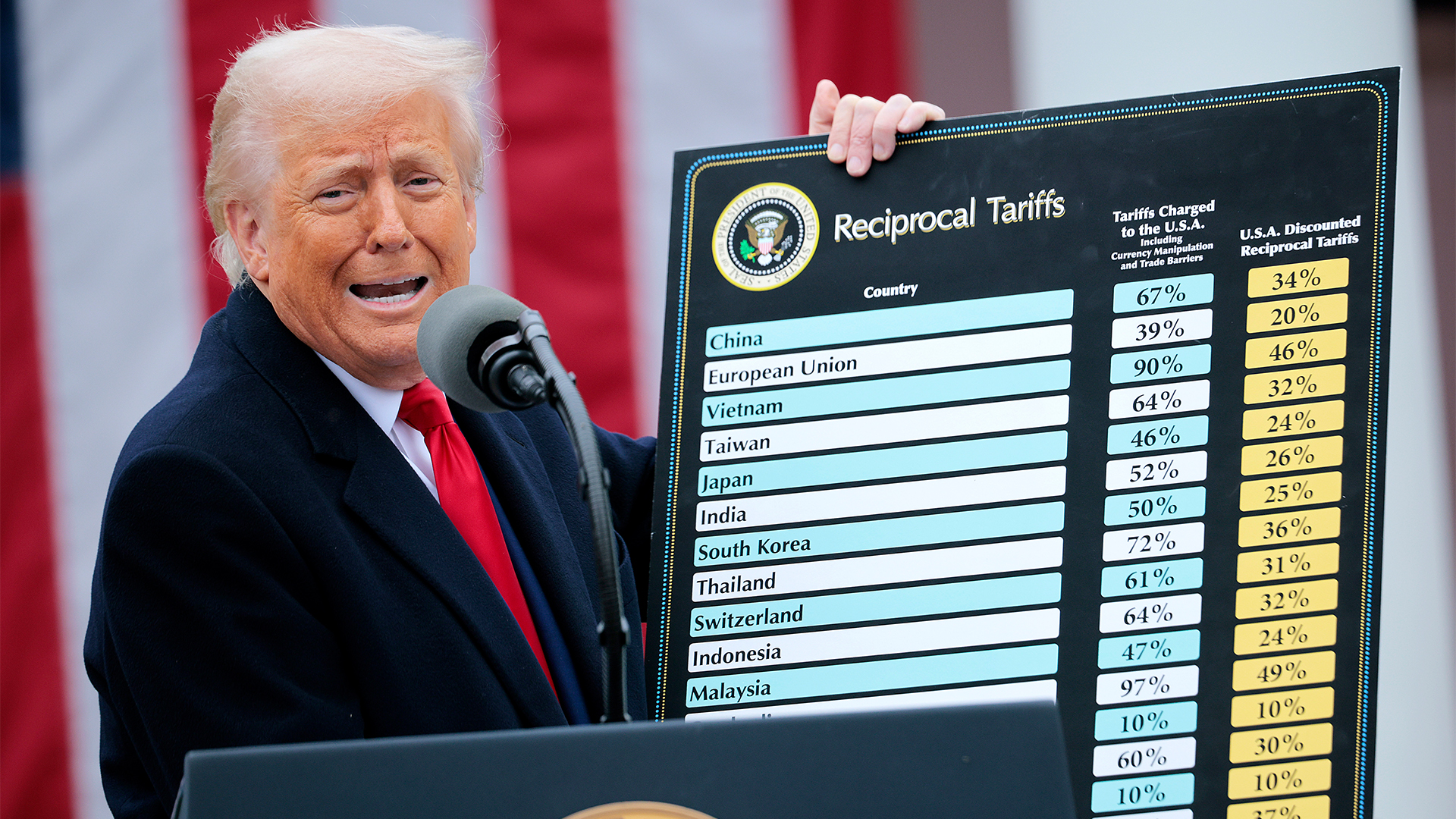 IDC warns US tariffs will impact tech sector spending
IDC warns US tariffs will impact tech sector spendingNews IDC has warned that the US government's sweeping tariffs could cut global IT spending in half over the next six months.
By Bobby Hellard
-
 US government urged to overhaul outdated technology
US government urged to overhaul outdated technologyNews A review from the US Government Accountability Office (GAO) has found legacy technology and outdated IT systems are negatively impacting efficiency.
By George Fitzmaurice
-
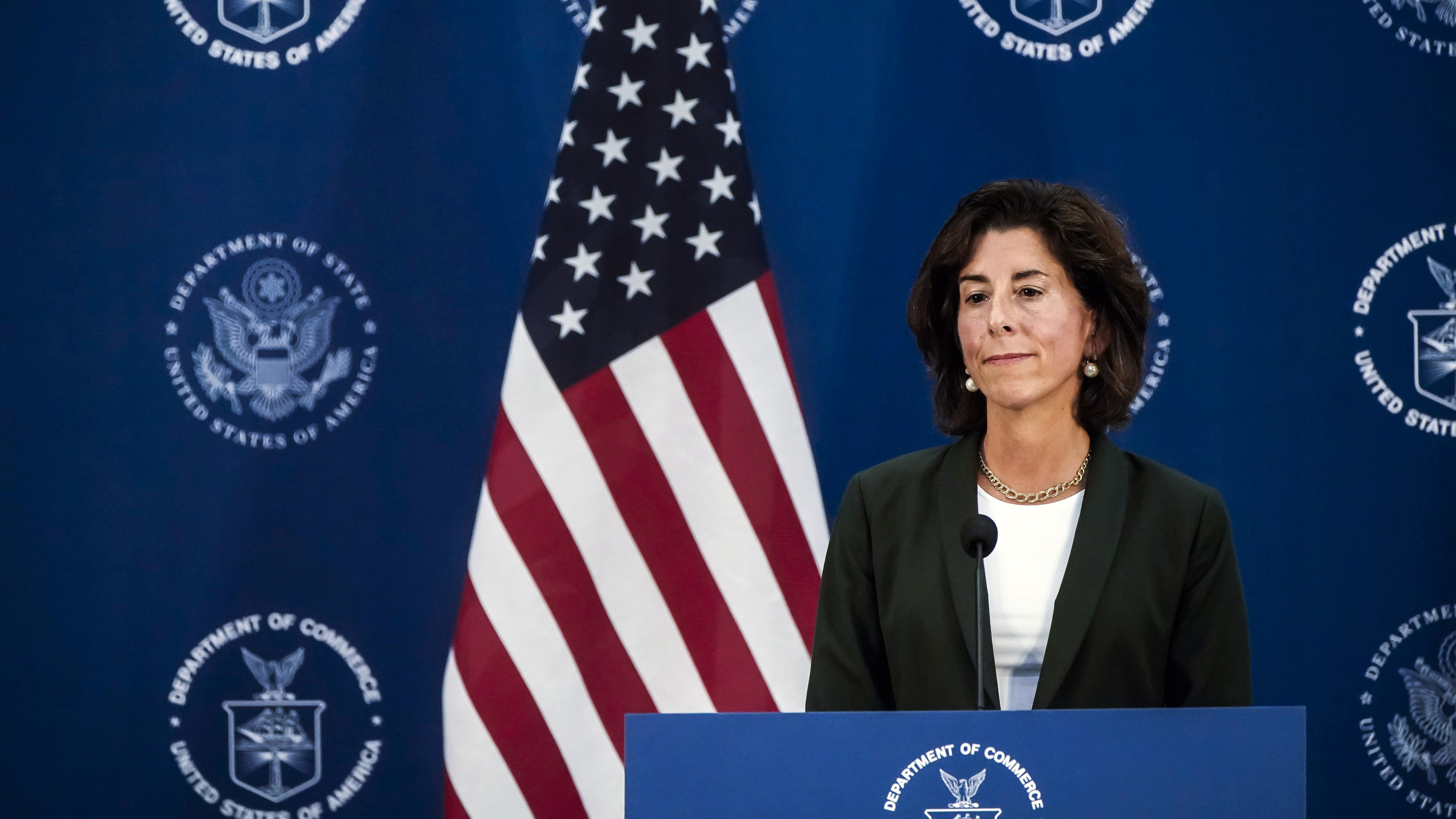 US proposes new ‘know-your-customer’ restrictions on cloud providers
US proposes new ‘know-your-customer’ restrictions on cloud providersNews The US aims to stifle Chinese AI competition with new restrictions on cloud providers to verify foreign data center users
By Solomon Klappholz
-
 Qualcomm warns of Q4 job cuts as earnings indicate underperformance
Qualcomm warns of Q4 job cuts as earnings indicate underperformanceNews The firm’s net income cratered across its third quarter, with the handset market remaining slow
By Rory Bathgate
-
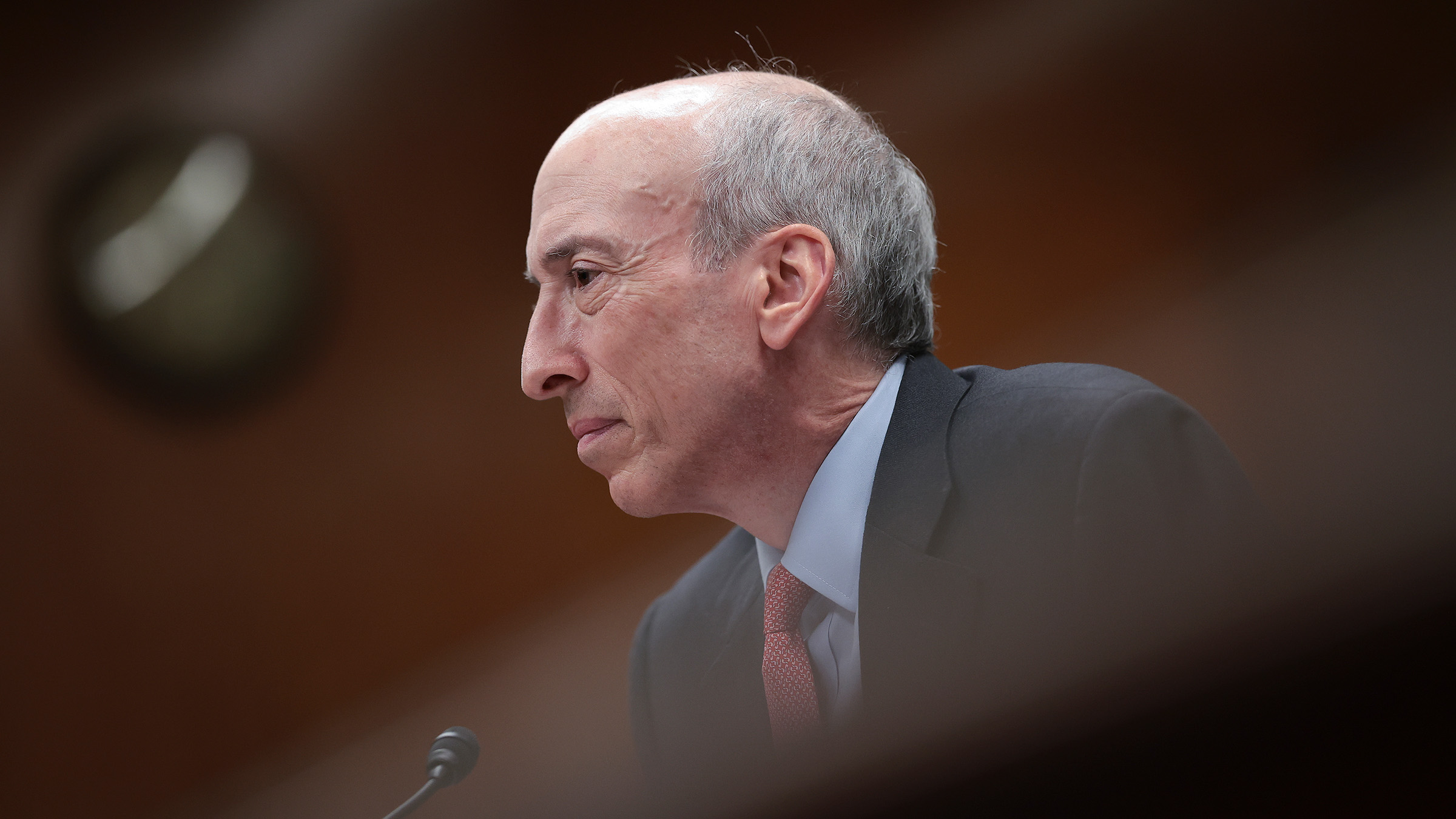 SEC passes rules compelling US public companies to report data breaches within four days
SEC passes rules compelling US public companies to report data breaches within four daysNews Foreign entities trading publicly in the US will also be held to comparative standards
By Rory Bathgate
-
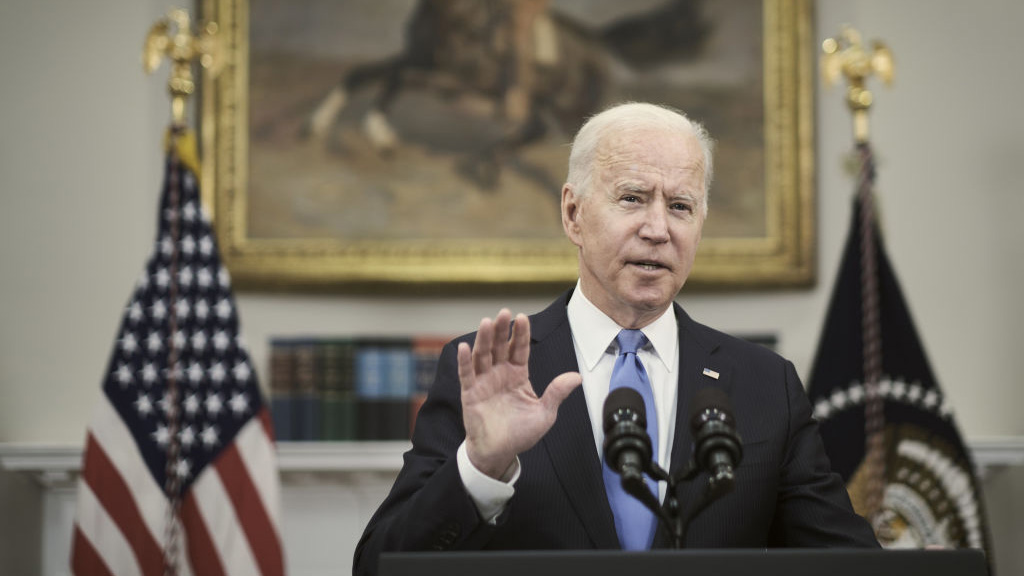 US says National Cybersecurity Strategy will focus on market resilience and private partnerships
US says National Cybersecurity Strategy will focus on market resilience and private partnershipsNews The recently announced implementation plans alow for more aggressive action against ransomware gangs
By Rory Bathgate
-
 US ‘Tech Hubs’ drive aims to boost innovation in American heartlands
US ‘Tech Hubs’ drive aims to boost innovation in American heartlandsNews The development of the hubs will could help drive regional innovation and support for tech companies
By Ross Kelly
-
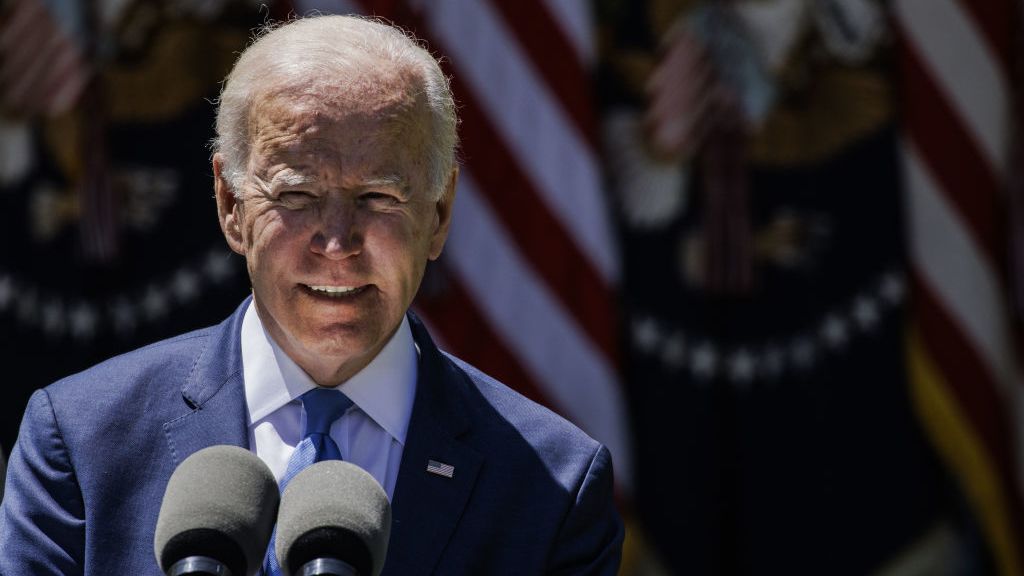 Biden sets June deadline for $42 billion broadband funding outline
Biden sets June deadline for $42 billion broadband funding outlineNews The announced deadline come prior to a much-awaited update to the FCC's US broadband map, giving a clearer image of the internet challenges facing the nation
By Rory Bathgate